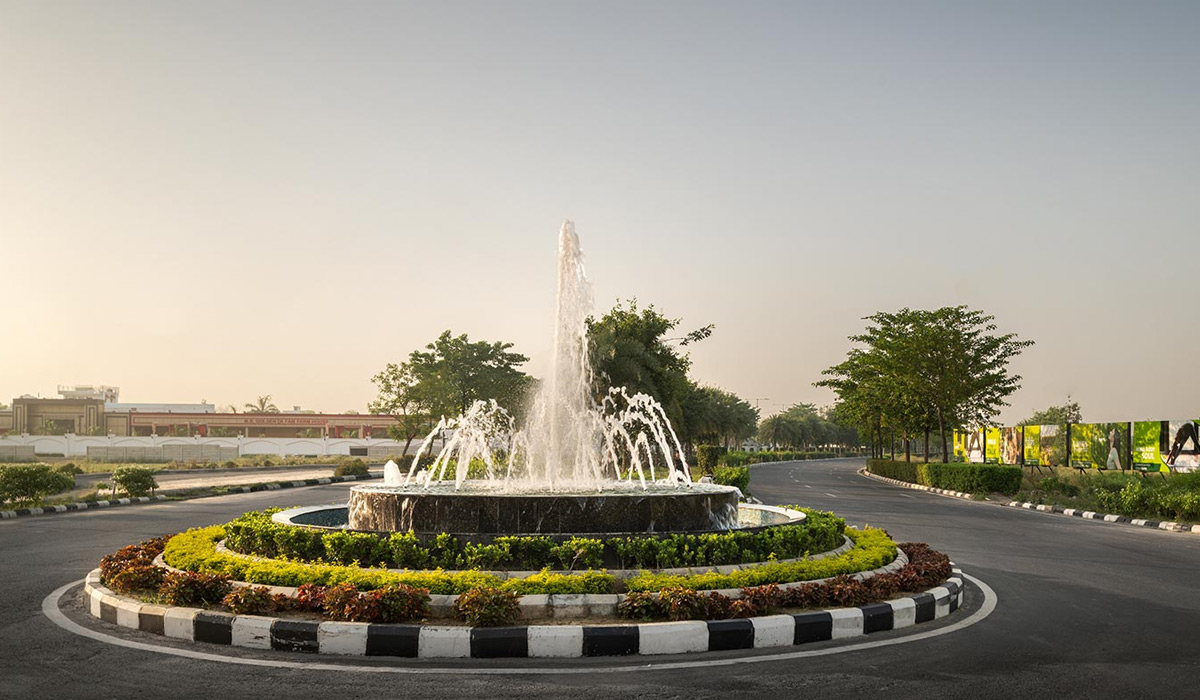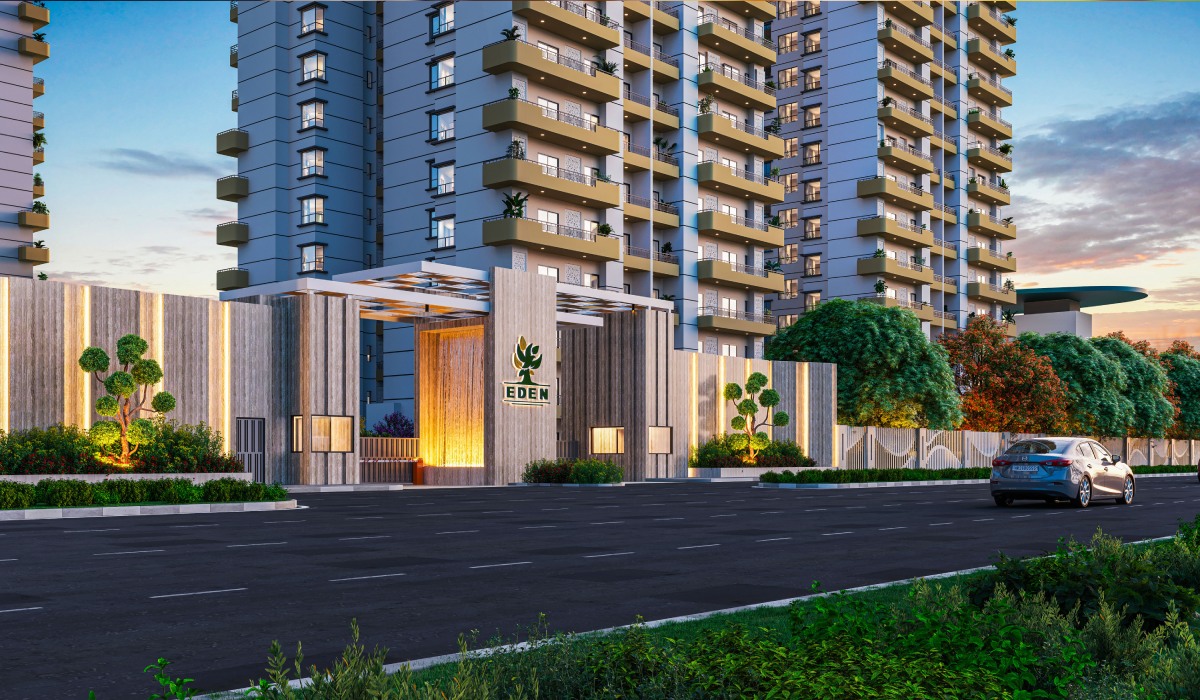
As the current government marks three years in office, one area in which it can brag about is its reformist and progressive policy approach is the real estate and housing sector.
After RERA, the real estate sector will emerge as a professional, mature and regulated sector of the country.
The progressive policies include the Real Estate Regulation Act ( RERA), liberalised FDI rules, Real Estate Investment Trusts (REITs), besides key missions like Housing for All, Smart Cities, AMRUT (Atal Mission for Rejuvenation and Urban Transformation), and, of course, the Goods and Services Tax (GST), a landmark reform.
Together these have positioned the Indian real estate sector as an attractive global investment destination.
Of these slew of reforms, the two game-changers are RERA and GST.
RERA, which came into force on May 1, regulates the real estate sector with fair, transparent transactions that not just protect the interests of consumers but also boost the confidence of investors.
The GST, set to be operational from July 1, aims to dismantle federal tax barriers in order to create a single, unified market with tax transparency and predictability, promoting ease of doing business and improving supply chain efficiency.
All this, together with an accruing reduction in compliance costs and tax management expenses, and provision of Input Tax Credit (ITC), may well soften the overall impact of taxes on real estate.
In the backdrop of massive urban shortage of about 20 million homes, the government has come up with a Housing for All by 2022 Mission.
The mission has gained momentum with a number of enabling policy initiatives and tax reforms, including 100 percent service tax exemption to affordable housing developers, infrastructure status to affordable housing to facilitate fund flows, hiked exemption limit on interest outgo on home loans, and credit-linked subsidy under the Pradhan Mantri Awas Yojana (PMAY).
The government is giving no less importance to rural housing as the budgetary allocation under PMAY has been raised from Rs 15,000 crore to Rs 23,000 crore, with a target to complete 10 million homes by 2017-18.
The Centre has undertaken significant mortgage reforms by way of a new broad-based Credit Linked Subsidy Scheme (CLSS) under PMAY to ensure that its benefits reach beyond the EWS and LIG (lower income group) segments, to the teeming middle classes. It has also introduced a Marginal Cost of Funds-based Lending Rate (MCLR) for speedier transmission of Reserve Bank of India rate cuts to home buyers.
Thanks to these reforms, commercial real estate has already seen a turnaround and residential real estate is on the path to recovery.
In the recent past, residential projects have shown pick-up in demand and sales, registering an investment of over Rs 26,000 crore. According to a report by CLSA India, a $1.3 trillion housing boom is set to be the country’s next growth driver, adding 60 million new houses during the six years beyond 2018, and creating two million jobs annually.
The government’s commitment to urban renewal is also reflected in policy initiatives like the Rs 1 lakh crore ($15.3 billion) Smart Cities Mission, the Rs 77,000 crore ($11.8 billion) AMRUT Mission that aims to provide basic services (water supply, sewerage, urban transport) to households, and creation of the Rs 4,000 crore ($610 million) National Investment and Infrastructure Fund.
Over the last three years of the government’s term, the funding for infrastructure development has almost doubled from the Rs 9,850 crore ($1.5 billion) per annum during the previous regime. The FDI-related reforms have also shown the desired results, with inflows touching a record $43.5 billion in FY 17.
The positive impact of the government’s policies and reforms is clearly visible in the over 50 percent increase in the BSE Realty Index this year, as well as the improving economy that is set to grow at about 7.5 percent — well on its path to becoming the fourth-largest ($3.5 trillion) economy in the world by 2022.
The twin challenge before the government over the next two years will be to execute its reforms and complete the unfinished agenda so as to ensure that its initiatives bring about transformational changes on the ground.
Source: ET Realty
Share This Story, Choose Your Platform!





